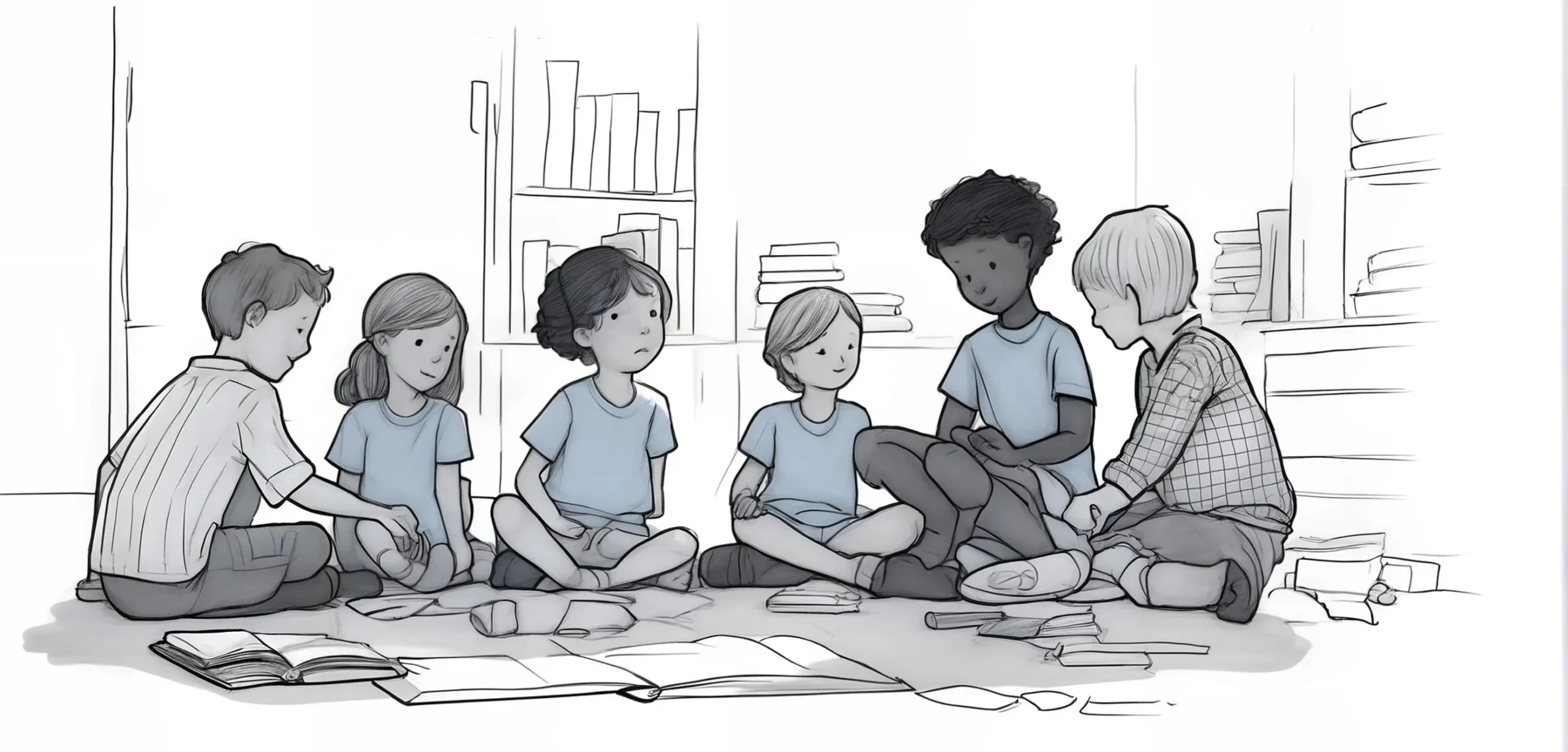by Sari González and Becka Koritz
Across the world, young people are often denied the basic human rights that many adults take for granted. From having their voices dismissed to being forced into one-size-fits-all educational systems, youth often lack agency over their own lives and learning paths. The Self-Directed Education (SDE) Youth Rights Accreditation aims to change this by empowering alternative educational spaces that recognize and champion youth rights.
What is SDE Youth Rights Accreditation?
SDE Youth Rights Accreditation is an international accreditation for educational spaces dedicated to upholding the human rights of young people. This recognition is about more than just a label—it’s a commitment to fostering communities where young people’s voices, choices, and unique learning styles are respected. By establishing a standard for youth-centered education, SDE YRA bridges unconventional methodologies with a globally recognized framework that validates youth rights.
Alternative education has long recognized the importance of respecting young people as active participants in their own learning. Organizations like Agile Learning Centers, democratic free schools, and Sudbury Schools have pioneered youth-centered methodologies. Yet, these spaces still face challenges in achieving societal acceptance. As Alexander Khost explains, “Accreditation can be a powerful bridge, translating the values of self-directed education into a language that’s understood by conventional society. This way, it’s not just about getting a stamp—it’s about creating a tool that respects youth rights and human rights while offering communities validation and support.” The accreditation serves as a pathway to broader recognition and sustainability, ensuring that youth rights are upheld and celebrated on a global scale.
Why Youth Rights Matter in Education
The conventional school system, founded during an era of colonization and rigid hierarchy, was not designed to honor youth as full individuals. Today’s schooling structure, shaped before the UN Convention on the Rights of the Child, often fails to adapt to a modern understanding of youth agency and autonomy. In fact, the system’s very structure can unintentionally lead to oppression, reinforcing the notion that adults always know best while sidelining the voices of the young. As Sari Gonzalez, co-founder of Radical Learning, puts it, “Youth are among the most oppressed groups of humans on this planet, and that needs to change.”
By centering youth rights in education, we aren’t just envisioning an idealistic future—we’re addressing a current need. Young people are already contributing to society in meaningful ways, and educational spaces should recognize and support that. Through rights-centered education, youth gain confidence, a stronger sense of self, and a clearer understanding of their role in the world.
Benefits of Accreditation for Educational Spaces
The SDE Youth Rights Accreditation program provides a structured path for alternative educational spaces to gain credibility and demonstrate their commitment to youth rights. This program is beneficial for various stakeholders:
- For Alternative Education Centers and Schools: Accreditation helps bridge the gap between innovative educational models and societal acceptance. It provides a recognizable standard that assures parents, educators, and the broader community that these spaces are safe, inclusive, and committed to upholding youth agency.
- For Educators and Facilitators: Many educators find it challenging to navigate the shift from conventional models to truly self-directed, youth-centered spaces. Accreditation offers a supportive framework that encourages ongoing learning and development, helping educators provide meaningful, rights-respecting education.
- For Parents: Choosing an unconventional learning path can feel uncertain. Accreditation offers peace of mind by confirming that the space is committed to the highest standards of youth-centered learning, respect, and autonomy.
How the Accreditation Process Works
The SDE Youth Rights Accreditation process is designed to be flexible and culturally adaptive, recognizing the diversity within educational approaches. It involves:
- An initial application
- Remote interviews with community members
- A site visit to observe the learning environment
The accreditation is valid for seven years and is adjusted for local economies to ensure accessibility. This inclusivity in pricing and approach means that educational spaces worldwide, regardless of resources, have the opportunity to gain this recognition.
Building a Future Through Youth Rights
Accrediting youth-centered spaces isn’t just about validating educational methodologies—it’s about making a commitment to a future where young people are seen, respected, and valued. As Rebecka Koritz, co-founder of Radical Learning, states, “If we adults didn’t have agency when we were young, it can be challenging to give it to youth now. But if we want a world built on respect, it starts with supporting youth rights.”
As the global movement for youth-centered education grows, so does the need for structures that protect, recognize, and support these spaces. SDE Youth Rights Accreditation is an essential step in this journey, providing both a framework for accountability and a rallying point for the voices calling for change.
For educational spaces interested in youth empowerment, advocacy, and community building, pursuing accreditation is more than an endorsement—it’s a shared commitment to reimagine education in a way that values every individual. Together, we can foster learning environments that support young people’s right to autonomy, joy, and self-discovery.
